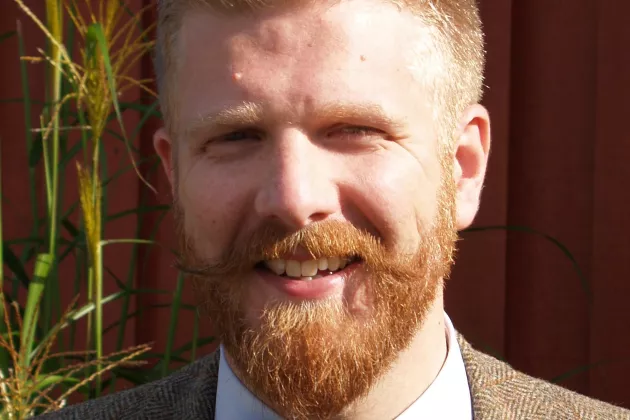What do you want to achieve in your working group?
– We want to contribute to more teachers and researchers developing and deepening their knowledge of and skills in sustainable development, hoping that it will become a clearer perspective in our educational programmes. We want to be a strong voice for this, and to make already existing resources visible.
How?
– Sustainable development is not just about knowing Agenda 2030 and the 17 Sustainable Development Goals. It is about the fact that our way of living is not sustainable for us and the planet, and that we need to make big society-wide changes. To solve the sustainability challenges, which are complex, we need many competencies - for example empathy, critical thinking, ability to see many perspectives, co-operate, mediate and compromise. Teachers in higher education can contribute to fostering these competencies in their teaching (see blue box to the right).
What are you doing for research?
– We have started a couple of dialogues and collaborations where sustainability will be in focus for exchange of experiences and opportunities for interdisciplinary research.
– The ongoing project for sustainability tagging of publications and projects in LUCRIS is also worth mentioning. It is a good way to make the faculty's sustainability-related research visible, and to make researchers and readers aware of the broad applicability of Agenda 2030 and the sustainable development goals.


